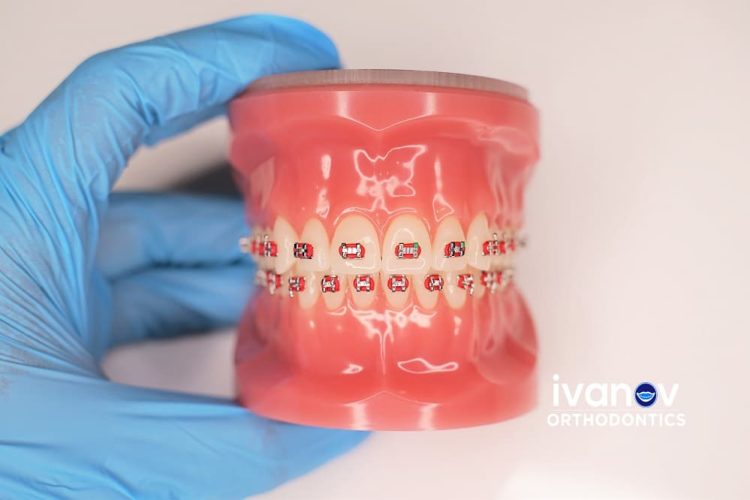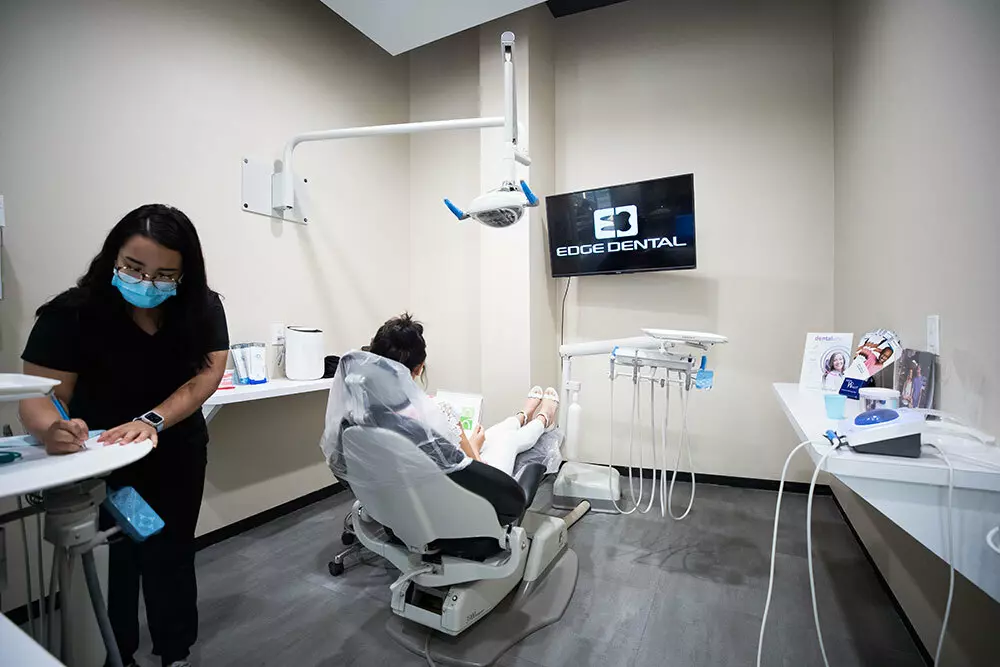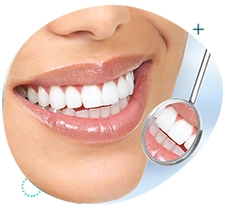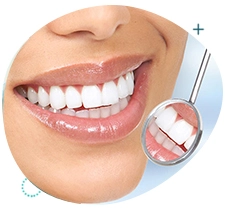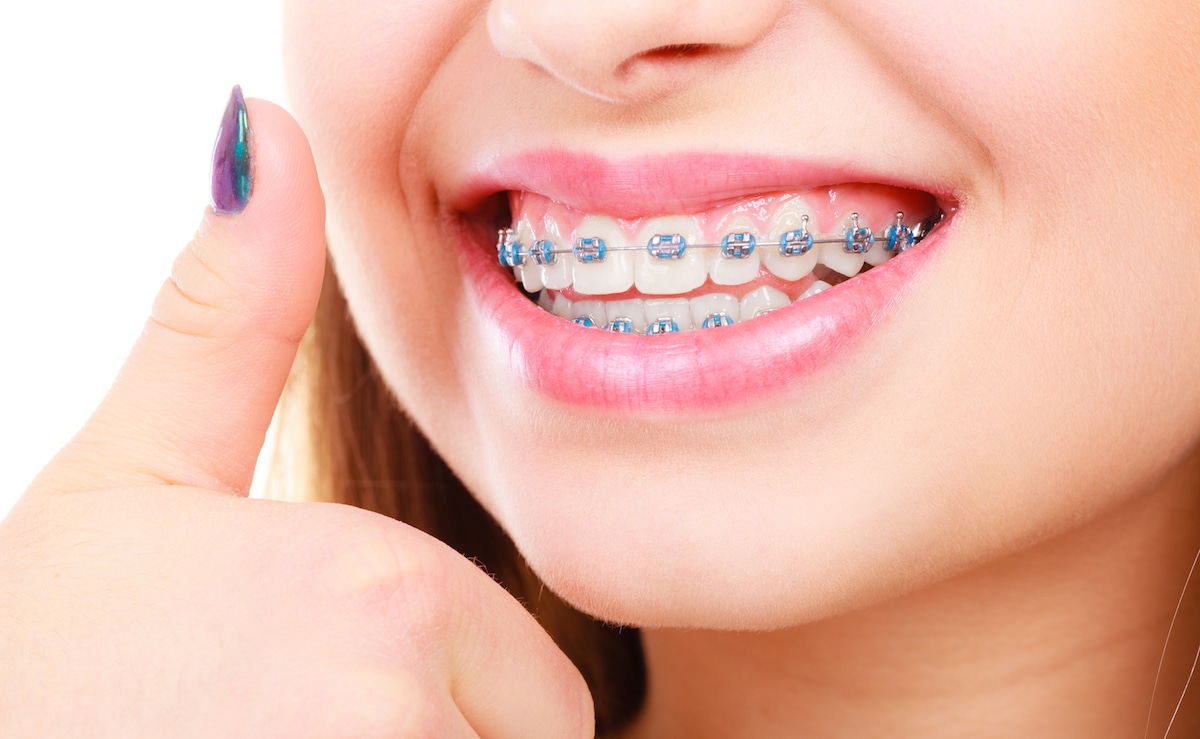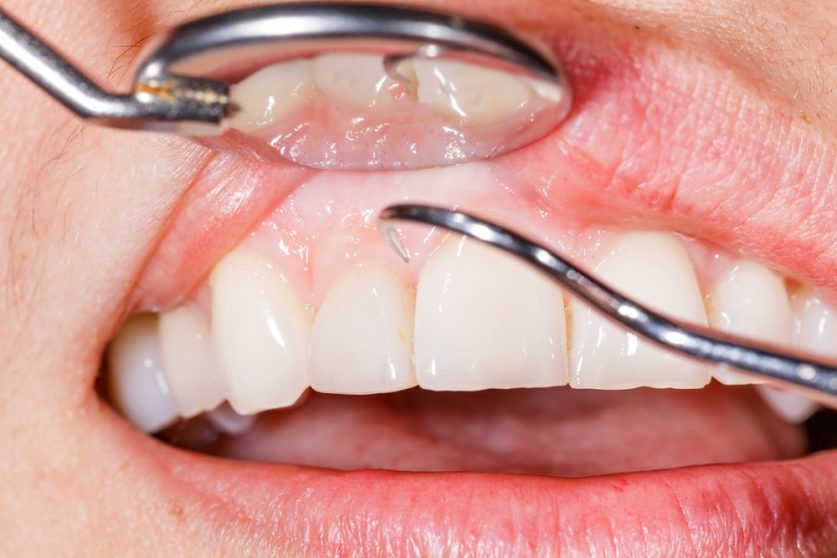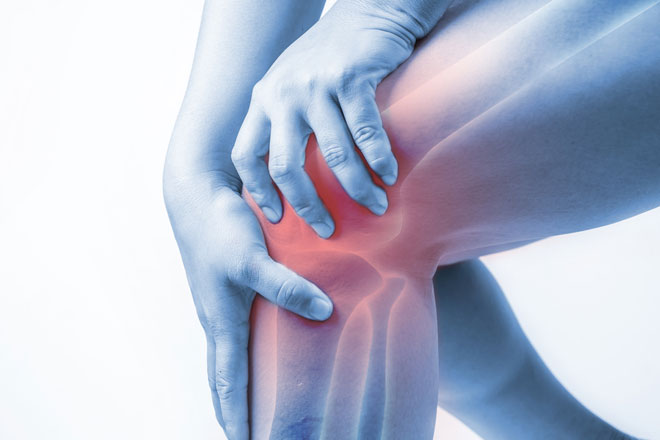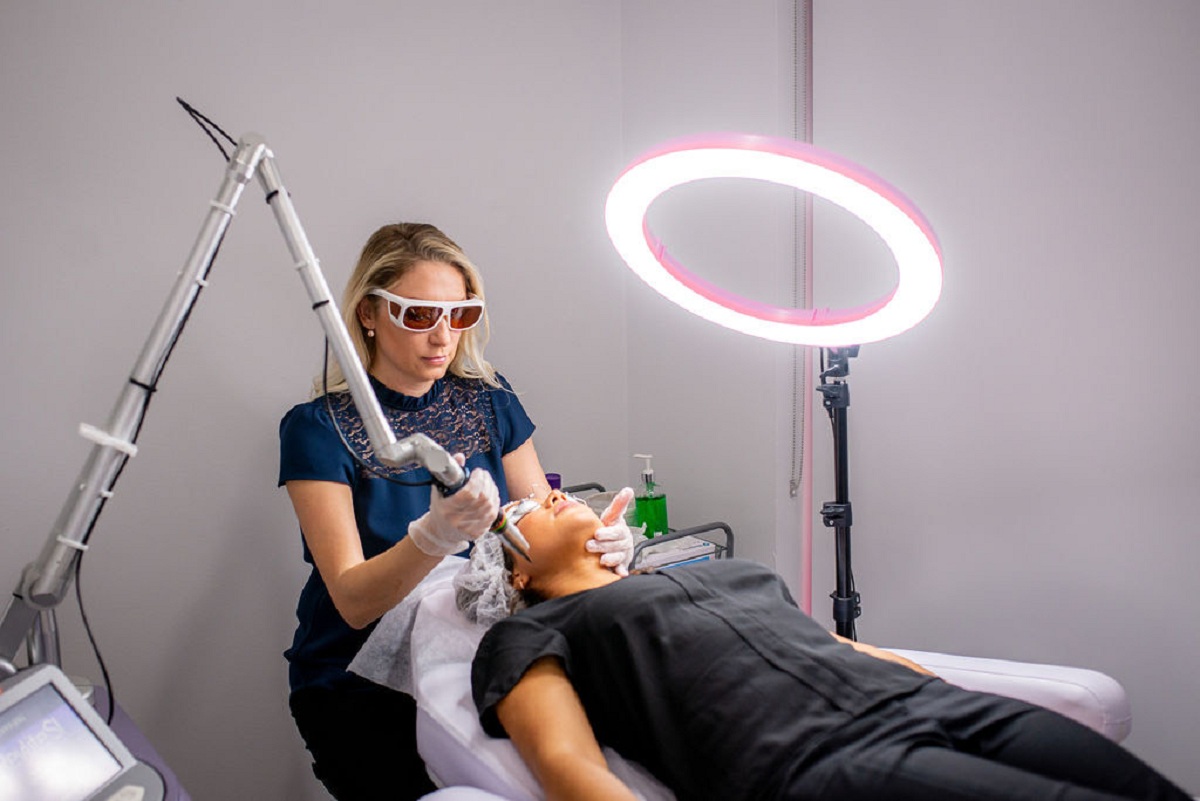How Underbite Braces Can Improve Your Smile and Confidence
Many people know about overbite, but do you know what is an underbite? It is a common dental problem and necessary to treat. If you have an underbite, it can cause many oral problems. You may have biting issues and chewing problems, which can also change your face’s shape. This makes it vital to treat the underbite issues. By getting braces for your underbite, you can enjoy a beautiful smile. You will love smiling once you treat your underbite. Read the article to learn more about underbites.
What Is an Underbite?
Your upper front teeth should naturally be positioned just slightly in front of your lower teeth—that’s how it’s supposed to be. This problem means that your bottom teeth sit in front of your top teeth, causing your chin to stick out. This can result in difficulties with biting and chewing effectively, potentially resulting in digestive problems. Also, you can choose many cute braces colors for your braces to enhance your real personality and bring more creativity.
What is The Importance of Fixing An Underbite?
Fixing an underbite ensures proper alignment of upper and lower teeth during biting. Underbite braces improve your capacity to bite and chew food efficiently while decreasing the chances of experiencing jaw discomfort and pain related to misaligned bites.
- Enhanced Ability to Chew
- Improved balance of facial features
- Avoiding dental problems
- Enhanced Communication
- Boosted self-assurance
- Sustained Oral Health
Causes Of Underbite:
An underbite is one of several “malocclusions,” including overbites and crossbites. It is a Class III malocclusion, meaning the lower teeth extend forward. People usually get underbites by thumb sucking inchildhood, early childhood injuries, temporomandibular joint (TMJ) joint dysfunction, and simple genetics.
Here are several factors that can contribute to the development of an underbite:
Genetics:
Genetics play a role in the inheritance of underbites, which are frequently a result of the jaw and teeth’s size and shape. If a parent or both parents have an underbite, there is a higher chance that their children will have one.
Bad Childhood Habits:
Certain habits during childhood may raise the likelihood of developing an underbite. Some of these habits include sucking on the thumb, pushing against teeth with the tongue, using a pacifier past the age of 3, and prolonged bottle feeding past infancy.
Injury to the jaw or facial bones can also result in an underbite.
Chewing and Speech Difficulties:
Understanding that an underbite may cause various oral health issues, including trouble eating and chewing food, speech difficulties, and discomfort in the mouth and face caused by a misaligned jaw. If you think you or your child may have an underbite, it is advised to consult a dental professional for medical help.
In Conclusion:
While traditional braces can help align types of underbites, sometimes a few factors can impact the underbite, such as its age and severity. Therefore, it is better to treat an underbite at an early age. That is why dentists recommend visiting the dental clinic once every 6 months so that they can discover any oral problems if it is there. Don’t hesitate to talk to your orthodontist about any dental issues or to schedule an appointment. Your dentist or adult orthodontist near me is always available for you.


